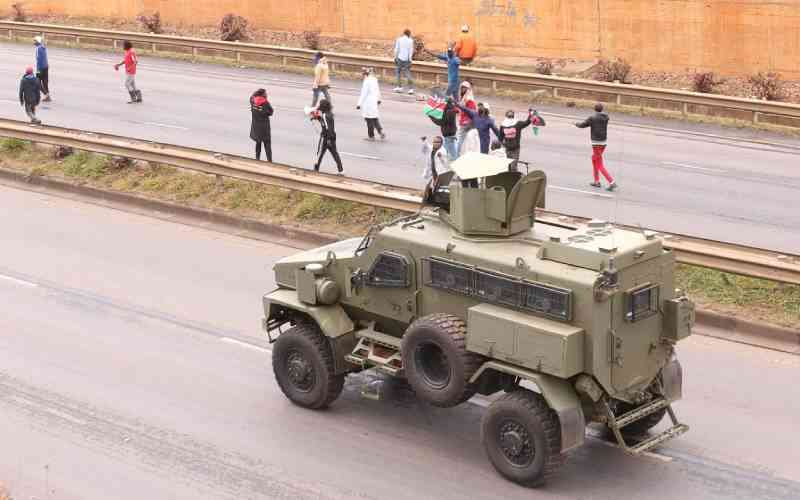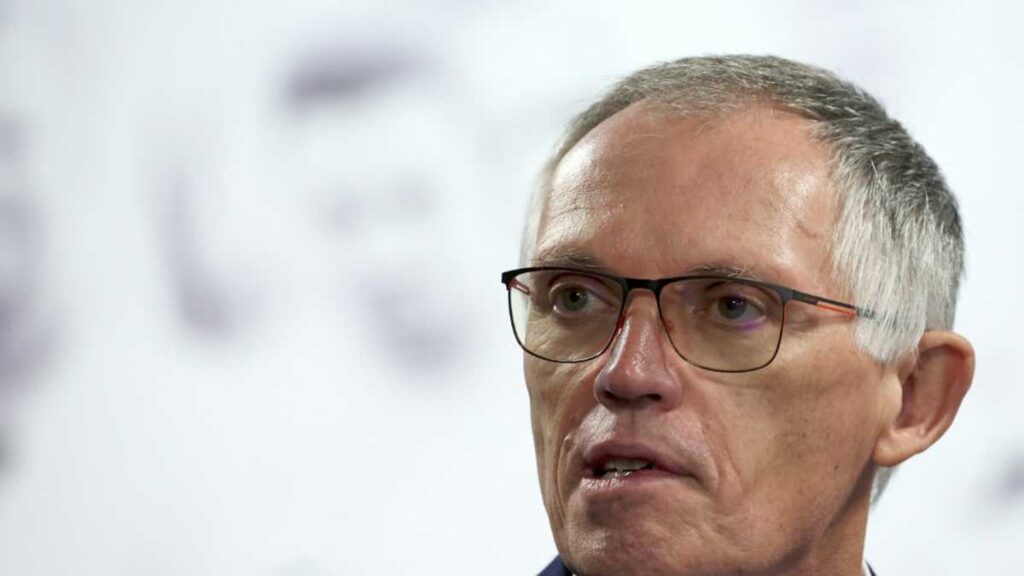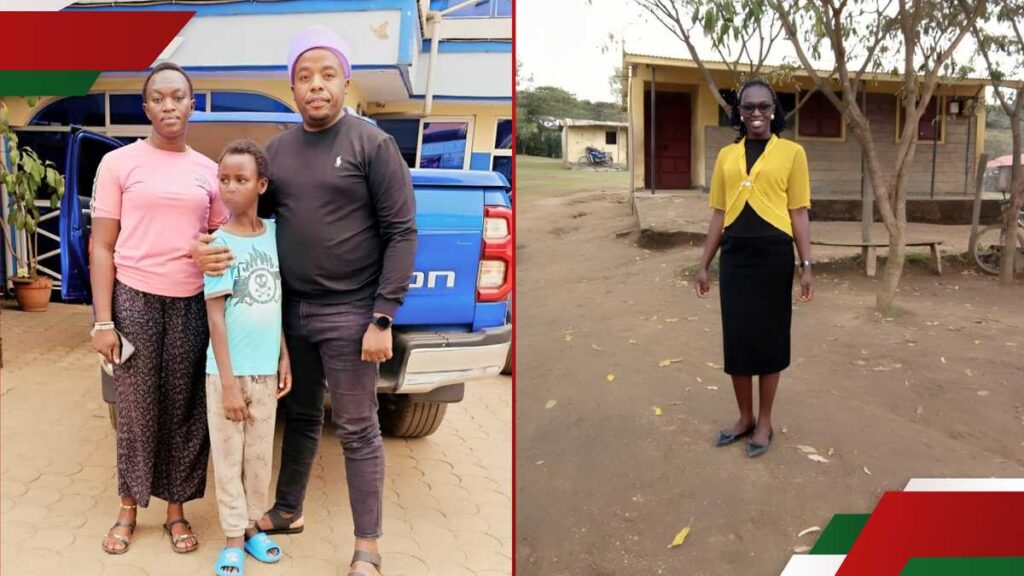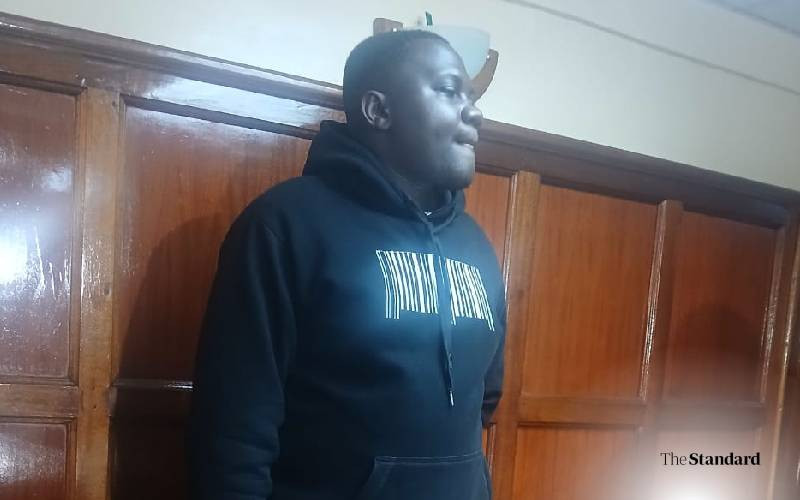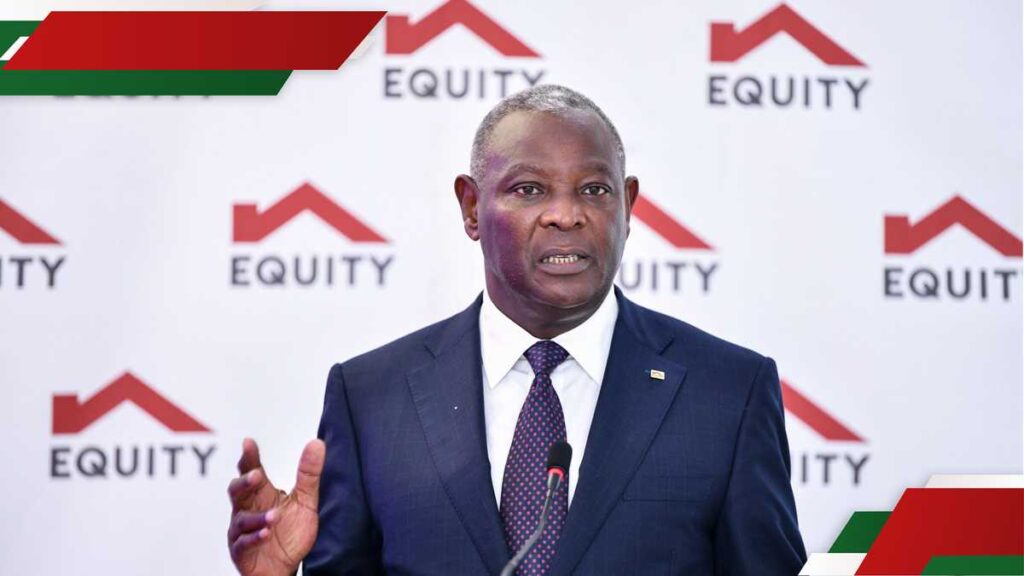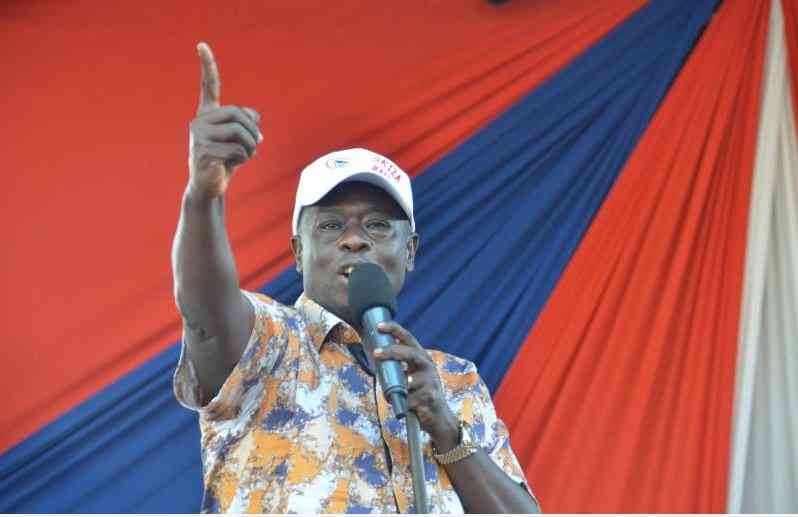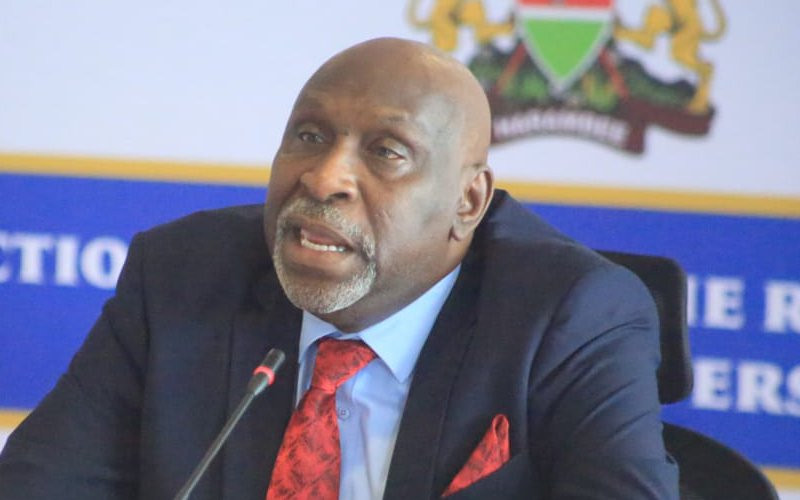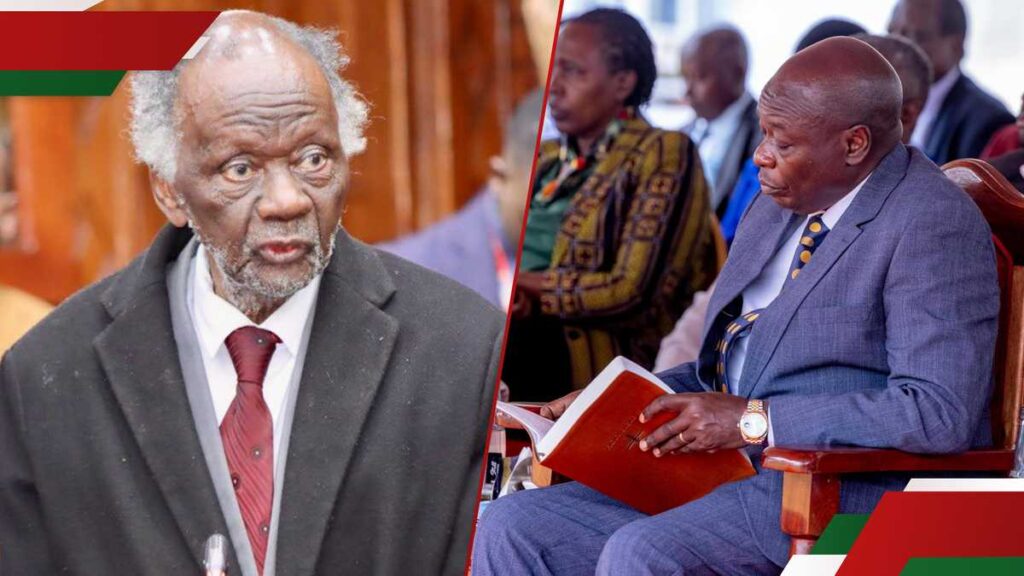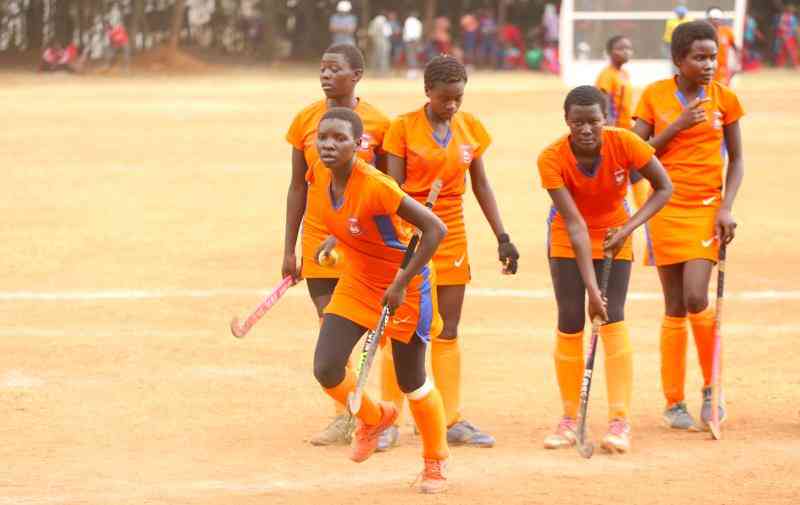Tensions erupted along Thika Superhighway on Monday, July 7, as protesters marking the 35th Saba Saba anniversary clashed with police officers who had sealed off key routes into Nairobi’s central business district.
Police deployed armoured vehicles and officers in full anti-riot gear at strategic points including the General Service Unit headquarters and Garden City junction.
The heavy presence failed to deter demonstrators waving Kenyan flags and chanting slogans as they tried to march toward the city center.
The confrontation escalated when officers fired tear gas to disperse the crowd near the GSU headquarters in Ruaraka.
Protesters scattered into nearby streets before regrouping under plumes of tear gas, vowing to continue their march.
“We are not here to fight. We just want to be heard and to mark this important day,” said a protester.
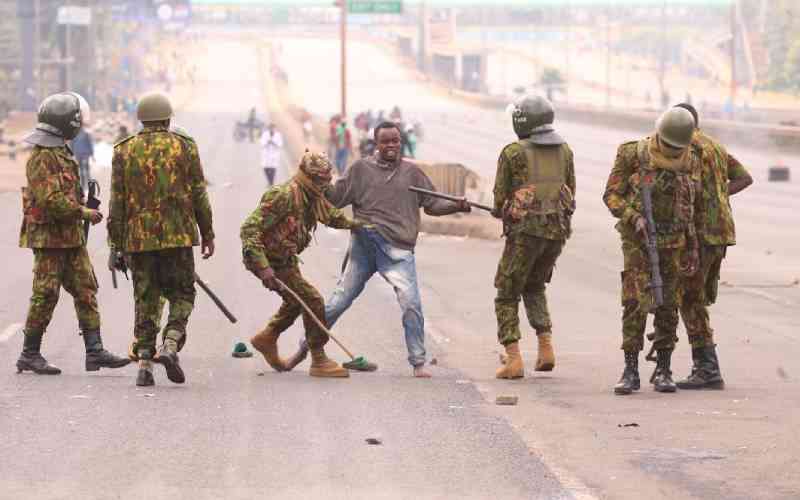
Saba Saba, which means seven seven, commemorates July 7, 1990, when Kenyans defied a one-party state to demand multiparty democracy.
Over the years, the day has become a platform for public dissent, with citizens voicing frustrations over the rising cost of living, youth unemployment, economic inequality and lack of government accountability.
Despite the declared lockdown, groups continued to join the procession from surrounding neighbourhoods, calling the day a “people’s day of resistance.”
Security agencies had earlier announced that Monday would remain a normal working day, but Nairobi’s CBD was placed under lockdown, with access limited to government and emergency vehicles.
Roads affected included Waiyaki Way, Kenyatta Avenue, Jogoo Road, Mombasa Road, Kiambu Road, Uhuru Highway and Valley Road.
National Police Service officials defended the lockdown, saying it was necessary to prevent criminal infiltration of peaceful protests.
“Our priority is to protect life and property. While we respect the right to peaceful assembly, we will not allow any breach of public order or destruction of infrastructure,” said police spokesperson Muchiri Nyaga.








